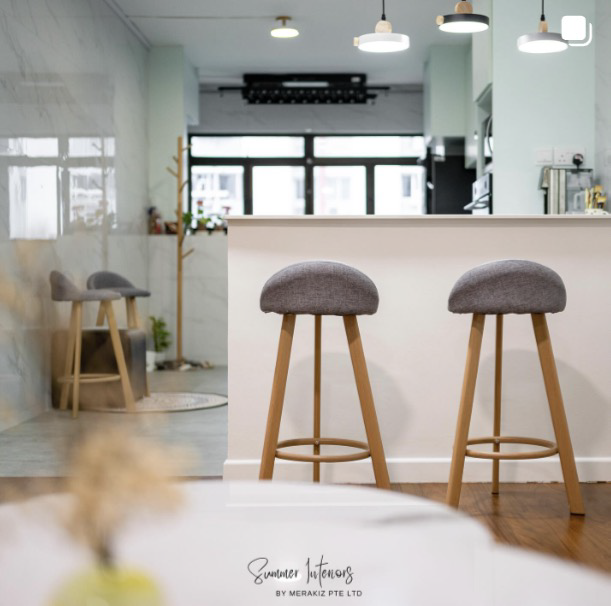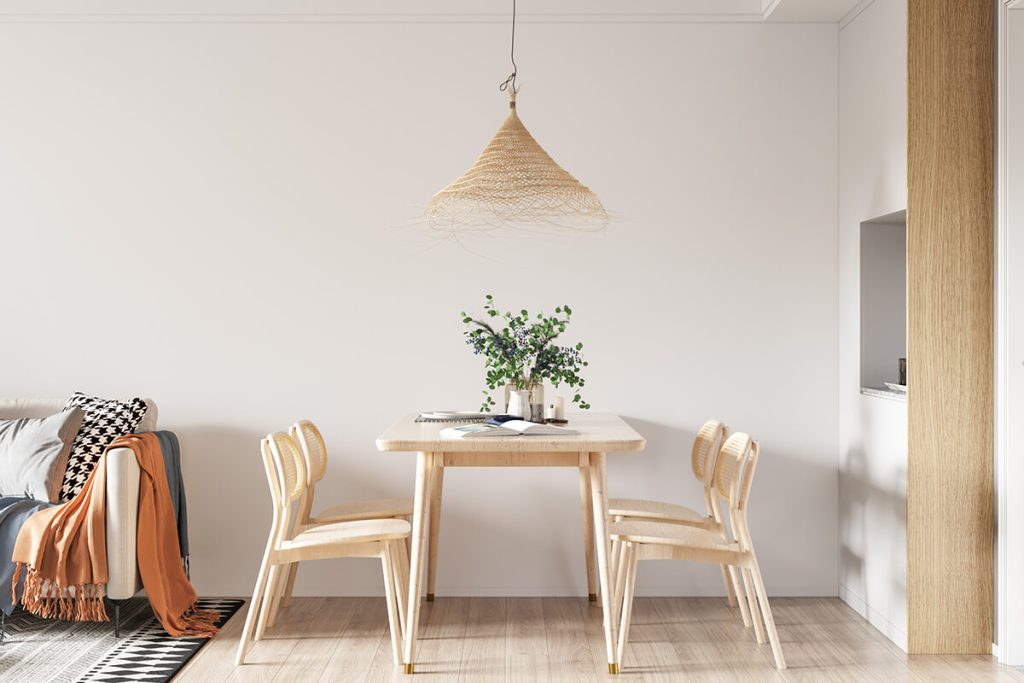What You Should Know About Home Renovation in Singapore
Renovating your home in Singapore can be an exciting journey, but it comes with its unique set of challenges and regulations. Whether you’re updating a resale flat, designing a new condominium, or enhancing a landed property, understanding the local landscape will save you time, money, and headaches. Here’s what you should know:
1. HDB Renovation Guidelines
If you live in a Housing Development Board (HDB) flat, there are strict renovation guidelines to follow. Any hacking of walls or structural alterations must be pre-approved by HDB to ensure the building’s safety.

"Your home should tell the story of who you are, and be a collection of what you love."
— Nate Berkus
Renovations are typically restricted to certain hours to avoid disturbing your neighbors. Engaging an HDB-registered contractor is a must to ensure compliance with these regulations
2. Renovation Permits
Even for private homes and condos, you might need permits depending on the scope of your renovation. Electrical works, plumbing, and structural changes may require approval from the Building and Construction Authority (BCA) or your condo’s management. Always verify what permits are needed before starting any major works. Missing out on this step could lead to delays or additional costs later on.
3. Contractor Selection
Singapore’s renovation market is competitive, so it’s essential to research and hire a reliable contractor. Look for contractors with good reviews, transparent pricing, and a solid portfolio

"Quality is never an accident; it is always the result of intelligent effort."
— John Ruskin
It’s recommended to get several quotes and check if they are registered under the Singapore Renovation Contractors and Material Suppliers Association (RCMA)
4. Budgeting
Renovation costs in Singapore can vary significantly. Setting a realistic budget upfront is crucial.
Be prepared for unexpected costs, as issues like outdated wiring or plumbing may require additional work. Allocating around 10-15% of your total budget for unforeseen circumstances is a good practice
5. Design Trends
Singaporeans are increasingly leaning towards minimalist designs, incorporating smart home technologies, and maximizing space in compact homes. With space constraints being a key concern in many properties, modular furniture and open-concept layouts are popular choices.

"Simplicity is the ultimate sophistication."
— Leonardo da Vinci
Keeping your home functional and aesthetically pleasing requires creative solutions, especially in smaller spaces.

6. Timeline
The timeline for renovations can range from a few weeks to several months, depending on the complexity.
HDB renovations typically take longer due to stricter regulations, while private home renovations may be quicker. Always have a clear timeline agreed upon with your contractor, but be flexible for potential delays.
7. Sustainability
Sustainability is gaining traction in home renovations. Many homeowners in Singapore are opting for eco-friendly materials and energy-efficient designs.
“The greatest threat to our planet is the belief that someone else will save it.” — Robert Swan
Incorporating green features not only benefits the environment but may also lead to savings in energy and water bills over time.
Conclusion
Home renovation in Singapore requires careful planning, from understanding regulations to selecting the right contractor and budgeting smartly. Stay informed, be patient, and soon you’ll enjoy the fruits of your well-planned renovation project.










